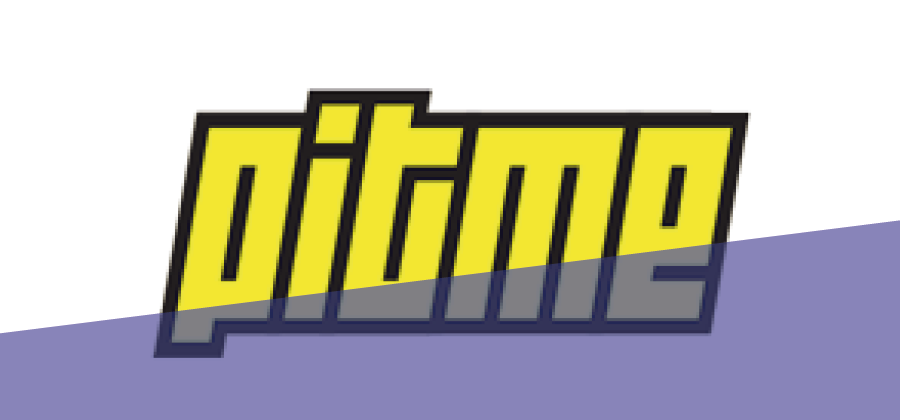Prove It To Me (PiTME) seeks to contribute to knowledge about the ways in which, and the processes by which, digital games do (and can further) support educationally worthwhile forms of learning, identifying and explaining the epistemic affordances of a range of ludic forms—for of course these are not all the same. There are three parts of the study: playing with educational games, playing with popular digital games, and creating digital games. Teachers and students can select which parts of the study they wish to participate in.
The research questions for the digital game play portion of the study focus on transfer of training from the gaming environment to the real world:
- How do knowledge and skills transfer from one situation to the other?
- What best supports that transference?
- How might we measure that? And does such measured change identify deep learning that is sustained over time, rather than just temporary effects?
- The research questions for the digital game design and development part of the study focus on the ways in which students use digital games to communicate and demonstrate their knowledge:
- How, and in what ways, does school-based knowledge change when delivered through a game in comparison to traditional, text-based forms of communication?
- How might this knowledge be evaluated/assessed?
- How does game development impact students’ orientations towards and skills in science, technology engineering, and mathematics (STEM)?





